
You Really Can Learn in Your Sleep
Experimental techniques demonstrate how to strengthen memories when our brains are offline
Recommendation
It’s the summer of 1942 and Lawrence LeShan is in a room with 20 sleeping boys. “My fingernails taste terribly bitter,” he says. Soon, he’ll say it again, then again. LeShan will repeat the phrase 300 times as the boys lay sleeping. No, it’s not the plot of a bizarre horror movie. It was an experiment. Of the 20 boys subjected to LeShan’s nighttime intonations, eight stopped biting their fingernails. Compare that to the control group, where all 20 of the boys continued with their nail-biting. LeShan’s results probably sound dubious, but more recent research on sleep-learning may surprise you. And for anyone with nagging bad habits, this article might offer hope for change.
Summary
About the Authors
Ken A. Paller is a professor of psychology and director of the cognitive neuroscience program at Northwestern University. His recent research on targeted memory reactivation was funded by the U.S. National Science Foundation. Delphine Oudiette is a research associate for the French National Institute for Health and Medical Research (INSERM) at the Brain & Spine Institute and at the sleep disorder unit located at Pitié-Salpêtrière Hospital, both in Paris.





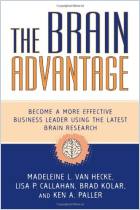

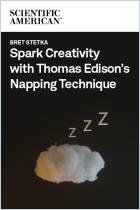

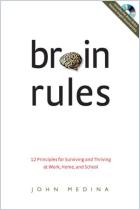
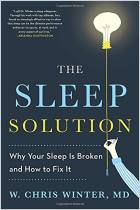
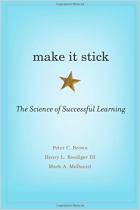



Comment on this summary